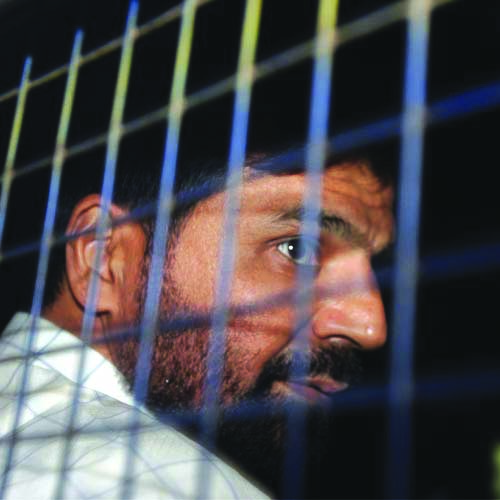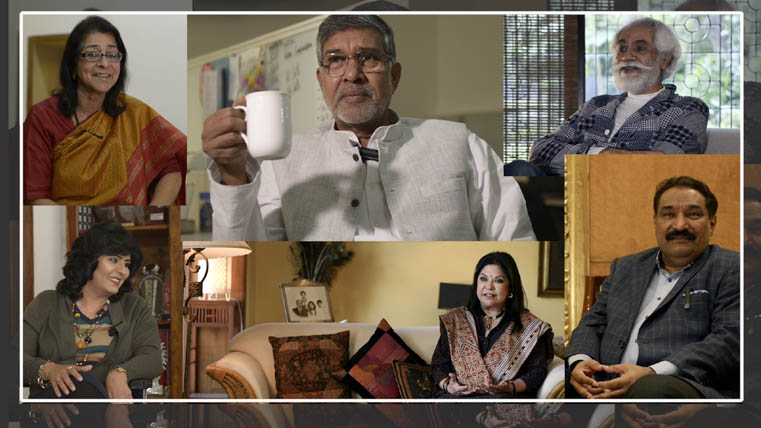

Death is inevitable. It is the only constant in life. But is it the form of punishment that justifies rarest of rare wrong-doing? The great debate on capital punishment once again came into focus with Yakub Memon’s case. His role in the serial bomb blasts of 1993 in Mumbai is undeniable. And he indeed served 21 long years for a crime to which he was party to. But did the crime call for death? We now know that he cooperated with the Indian agencies in building a case against Pakistan. He was the one source who helped link his brother Tiger Memon and Dawood into the serial blasts. What exactly do we gain when we put Yakub to rest? Are we succumbing to the “collective conscience” of a society as was evident in the hanging of Afzal Guru. Terrorism is the modern war that every nation has to fight. But there is no evidence to suggest that capital punishment is in any way a deterrent to terrorists. Surely the victims of blasts, those who lost their loved ones, wanted to see Yakub Memon dead. But does it in any way bring any form of relief into the lives of people who have lost their loved ones in the act of terror. Did Yakub Memon not deserve some form of sympathy, if not, empathy? He could have been dragged into this crime half-willingly and he had paid a price for it. He had faith in the Indian agencies and yet we failed him. Will death kill his demons? More importantly, is death a great leveller?
(The views expressed in the article are that of author and do not reflect the editorial policies of this website)










